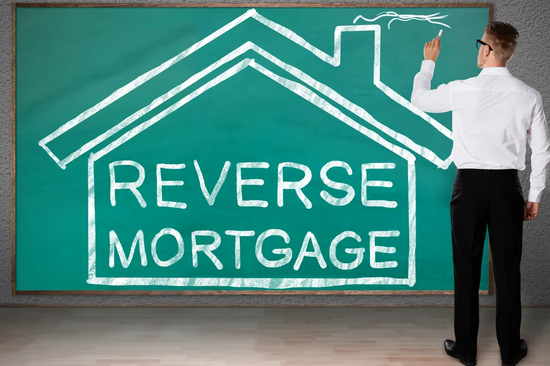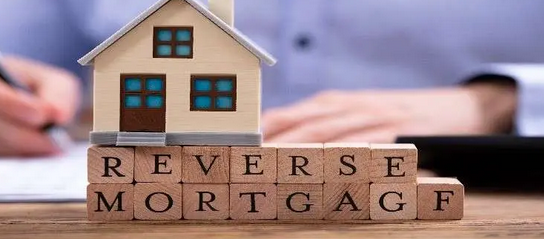Understanding the Taxes and Fees Associated with Reverse Mortgages
Lots of people turn to Reverse Mortgages
as a way to supplement their retirement income and stay in their homes
while they age. Reverse mortgages can be a useful tool, but like any
financial product, they come with costs and fees that should be
considered carefully. One area that may be especially confusing to many
borrowers is the taxes and fees associated with reverse mortgages.In
this article, we'll take a closer look at these costs and everything you
can get to pay.

First, let's discuss taxes and reverse mortgages. Generally, the money you obtain from a reverse mortgage is tax-free income. This means that you won't have to be concerned about paying income taxes on the funds you get from your reverse mortgage. However, it's important to note that if you sell your property and make a profit, you might be required to pay capital gains taxes on the sale. Additionally, if you're entitled to any kind of government assistance, such as Medicaid, the funds you receive from an opposite mortgage could affect your eligibility, as they are counted as assets.
Next, let's discuss the fees associated with reverse mortgages. There are many fees that may be of a reverse mortgage. These include origination fees, closing costs, and mortgage insurance premiums. Origination fees are intended to cover the expense of processing your loan application and starting the loan. They typically range from around someone to two percent of the loan amount. Closing costs cover the different expenses connected with finalizing your loan, including appraisals, title searches, and filing fees. Finally, mortgage insurance premiums (MIP) protect both you and your lender just in case the loan balance exceeds the worth of one's home. The particular level of MIP you'll have to cover depends upon the quantity of your loan and the appraised value of one's home.
It's worth noting that some lenders offer "no-cost" reverse mortgages. While these loans might seem like much, they often include higher interest rates as a swap for the lender covering some or all of the fees related to the loan. Make sure you ask your lender about all fees associated with a reverse mortgage and compare them to other loan offers as well.
Another factor to bear in mind is that, just as with any other loan, interest will be charged on the quantity that you borrow. However, with a reverse mortgage, you don't have to make any payments on the loan while you live in your home. Consequently, the loan balance increase with time as interest is included with the first loan amount, which may eventually lead to the loan balance becoming greater than the value of the home.
Finally, it's important to consider what sort of reverse mortgage will affect your heirs. Once the borrower passes away or moves out of the property permanently, the loan comes due, and the heirs must repay the loan balance. This could be a significant burden, especially if the loan has been accruing interest for several years. Sometimes, the heirs may choose to sell your home to repay the loan balance, or they could have the ability to refinance the loan if they've the funds to complete so.

In Short:
In conclusion, reverse mortgages can be quite a useful tool for many retirees, but it's important to comprehend the costs associated with one of these loans. Be sure to ask your lender about all fees and charges of a reverse mortgage, including origination fees, closing costs, mortgage insurance premiums, and interest. Additionally, consider how a loan will affect your heirs, as they'll ultimately lead to repaying the loan. By doing your research and carefully considering all factors, you possibly can make an educated decision about whether a reverse mortgage is right for you.
Comments
Post a Comment